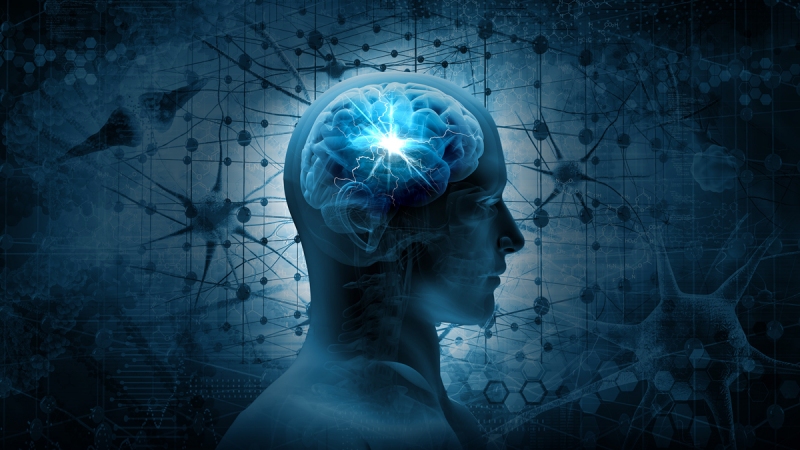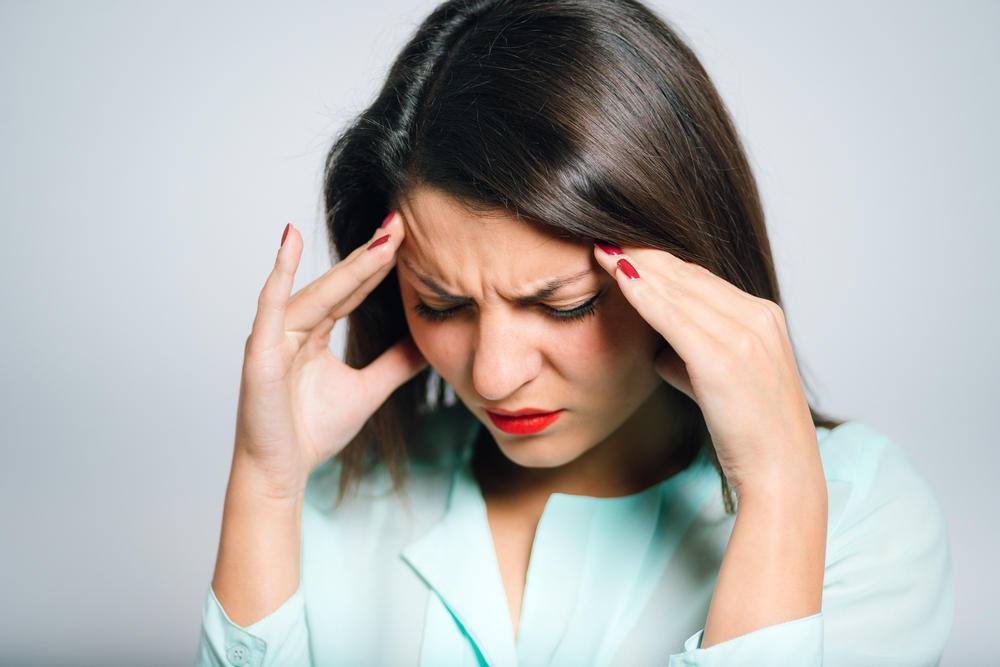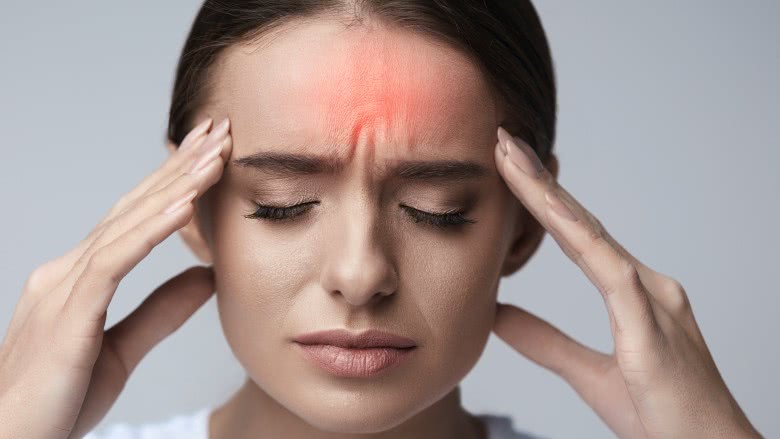For care with stroke, epilepsy, sleep disorders
For care with stroke, epilepsy, sleep disorders, language and speech disorders, chronic pain, migraines, and more, call us to schedule an appointment. (0183) 2224424, 5062224, 98146-52424.
Read More
For care with stroke, epilepsy, sleep disorders, language and speech disorders, chronic pain, migraines, and more, call us to schedule an appointment. (0183) 2224424, 5062224, 98146-52424.
Read More
If you suffer from migraines, especially if you experience neck pain or have a history of head or neck trauma we encourage you to schedule a consultation. You may be about to take the first step down the path of better overall health and well-being. Schedule a consultation today
Read More
Unless you suffer from migraines yourself, you may think that having a migraine means having a really bad headache. But debilitating head pain is only one part of the medical condition called migraine disorder. Other common symptoms are nausea, dizziness, fatigue, sensitivity to light and sound, and even temporary blindness. The symptoms and causes of migraine look different in different patients, and researchers are only now beginning to understand what the condition is and how to treat it. Here are some of the most enlightening facts we know about migraine disorder.
1. IT’S THE THIRD MOST COMMON DISEASE IN THE WORLD.
Even if you don’t suffer from migraine, chances are you know someone who does: The disorder affects 14.7 percent of the population, or one in seven people, around the world. In the U.S. alone, roughly 39 million people are affected by the condition. Chronic migraine (experiencing at least 15 headache days per month over a three-month period, with over half being migraines) is more rare, impacting about 2 percent of the world population.
2. WOMEN SUFFER MORE THAN MEN.
Of the one billion people on Earth who have migraine disorder, three-fourths are women. Medical experts suspect this has to do with the cyclical nature of female hormones. According to research presented earlier in 2018, NHE1, the protein that regulates the transfer of protons and sodium ions across cell membranes, is a crucial component of migraine headaches. NHE1 production likely fluctuates a lot more in women than in men. When scientists looked at the brains of lab rats, they found that NHE1 levels were lowest when estrogen was at its peak. In general, female rats also had four times the amount of NHE1 in their brains as males. If the same holds true for people, that could explain why women are not only more likely to suffer migraines in the first place, but why they experience them more frequently and more intensely, and have more difficulty responding to treatment.
3. SYMPTOMS CAN INCLUDE TEMPORARY BLINDNESS …
Unlike migraine with aura, retinal migraine is limited to one eye. Symptoms range from seeing twinkling stars to partial or complete loss of vision. The same eye is almost always affected, and the person typically regains their sight after 10 to 20 minutes.
4. … AND LOSS OF LIMB FUNCTION.
One of the rarest, and scariest, subtypes of migraine is hemiplegic migraine. People with this variant can experience weakness, numbness, tingling, or loss of motor function in parts of one half of their body, including their arm, leg, or face. Though sensations usually dissipate within 24 hours, they can last anywhere from one hour to several days. Sometimes they’re accompanied by typical migraine symptoms, such as head pain, but they can also occur on their own.
5. KIDS GET MIGRAINES TOO.
Migraine isn’t just a problem for adults—up to 10 percent of all school-aged kids are affected by the disorder, with reported cases coming from children as young as 18 months. According to the documentary Out of My Head (2018), migraine is the third most common reason for child emergency room visits. The symptoms of migraine in kids are similar to what’s seen in older patients: They may experience intense head pain, sick feelings, distorted vision, and sensitivity to sound and light. The major differences are that child migraines often develop suddenly and are shorter than they are in adults. In children, it’s not uncommon for the nausea and abdominal pain to feel worse than the actual headaches. Just as some sufferers don’t experience their first episodes until after puberty, some children with migraine grow out of it. According to one study, migraine symptoms disappeared completely in 23 percent of former child sufferers by age 25.
6. MIGRAINE MAY BE HEREDITARY.
For most people with migraine disorder, it runs in the family. Anywhere from 80 to 90 percent of migraine sufferers report having at least one family member who has it as well. If one parent has migraine, there’s a 50 percent chance their child will eventually have to live with migraine—and that risk shoots up to 75 percent when both parents have the condition.
Read More

Migraine is a type of headache. It can be unilateral or bilateral, pulsating or non pulsating, which lasts for more than four hours. Site can be frontal, occipital or temporal. In some patients it is associated with visual or other auras called classical migraine. Migraine is treatable and in some curable also. There are some triggering factors which provoke migraine attacks like absence of sleep, food , smells, fragrances, travelling. Best thing is to identify your triggers and avoid it. Second is to start prophylactic medicines before it becomes chronic migraine.
For other guidance related to headache consult us at: (0183) 2224424, 5062224, 98146-52424
Read More
5 Things That Could Make Your Migraines Worse
✅ Bright Lights: Certain types of lighting, like fluorescents and strobes, can make bad headaches worse.
✅ Poor Sleep: If you wake up with severe pain, poor sleep could be a migraine trigger. Stick to a regular sleep schedule every day of the week
✅ Inconsistent Schedules: Skipping meals can cause your pain levels to rise. Try to eat nutritious meals and snacks on a consistent schedule or at regular intervals
✅ Physical Exertion: If you’ve noticed that a long run, a hard weight lifting session, or a strenuous day at a jobsite causes your pain levels to rise, talk with your doctor.
✅ Stress: Be aware of what causes stress in your life, and try making small changes or plan ahead to lower anxiety. We pay close attention to your unique neurological needs. From migraines to nervous system treatment, count on us. Call us at: (0183) 2224424, 5062224, 98146-52424
Read More